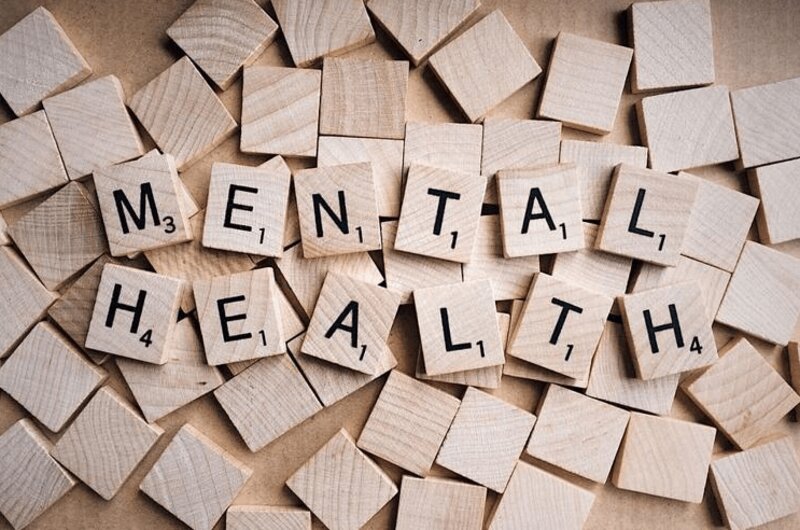
December 28, 2018
Rose Hill Center’s CEO on Mental Health in 2019
Column: Michigan must make better effort to improve mental health in 2019 By Ben Robinson Special to Digital First Media Dec 24, 2018 As 2018 comes to a close, mental health leaders, educato
Column: Michigan must make better effort to improve mental health in 2019
Dec 24, 2018
As 2018 comes to a close, mental health leaders, educators, elected officials and the community should reflect on where we are and what needs to be accomplished in 2019 to make strides for a healthier Michigan.
As we examine numbers in specific areas of mental health, particularly suicide, we know that awareness and easy access to adequate mental health treatment continues to be a problem.
Every number is more than a statistic — each number represents an individual and their loved ones.
Some examples are: While Michigan’s suicide rate declined slightly in 2018 by a half point to approximately 14 in 100,000 individuals — it’s increased significantly over the past 20 years. In Michigan, 1,370 people died by suicide last year, a 33 percent increase since 1999 — faster than the national increase of 24 percent. In 2019, we must determine why.
On a community level, we all should get involved for a healthier Michigan. If someone you know is suffering any type of mental health crisis, the first step is to acknowledge them and offer immediate assistance to help them receive treatment.
For an individual who is suffering, it may be challenging for them to even pick up the phone to find help. Furthermore, navigating through tedious calls to inquire about insurance coverage, finding a physician or therapist, filling out scores of paperwork, or scheduling and driving to appointments can all be too cumbersome. Offering to help make a loved one’s appointments, or accompanying them there could save a life.
As we examine what is and isn’t working in all areas of mental health treatment, here are key movements that happened in 2018:
Police training
Sometimes when police are called to intervene on a mental health crisis, the outcome unnecessarily ends violently.
This year, more police departments in Michigan are training officers in the “Crisis Intervention Team” model to identify a mental health crisis and handle it without violent force.
Police who respond to crises can better prevent violent tragedies by correctly and quickly identifying whether a person is either a true or potential threat versus someone whose mental illness mannerisms may just mimic someone who is a threat.
Kalamazoo Department of Public Safety was the first in Michigan to implement Crisis Intervention Team programs for police officials. Municipalities including Ann Arbor, Grand Rapids and others have subsequently followed.
Mental Health Court legislation
It is important to note the earlier that mental health issues are treated, the better the chance of recovery. Three new bills sponsored by State Rep. Julie Calley would create specialized juvenile mental health courts in Michigan. This is great news that can help teens receive necessary treatment while they are still young. These bills were unanimously approved by the Michigan House of Representatives last week and have been moved to the Michigan Senate.
The proposed courts would benefit juvenile offenders who battle mental health issues and help them receive treatment while they go through the court system. In the long run, it could help divert young offenders from repeated incidents and give them the opportunity to live healthier and happier lives. Currently, there are courts of this nature in place for adult offenders in Michigan.
Finally, Michigan House Bill 6252, would have created a commission comprised of researchers, prevention workers, police officers, doctors, veterans and social workers that would study suicide and recommend ways to prevent it. This is a much needed commission that could help create better awareness statewide. However, it was not approved in the Lame Duck session.
Mental health is a community problem that requires community solutions. I implore everyone to work together for a healthier 2019 for all of Michigan.
Ben Robinson is CEO and President of Rose Hill Center, a comprehensive psychiatric treatment and rehabilitation facility in Holly.
This article was posted here by The Oakland Press. For more information on how Marx Layne can elevate your brand please contact us here.
Share This Story, Choose Your Platform!
Marx Layne is your competitive advantage.
Your reputation and success are our only concerns.

